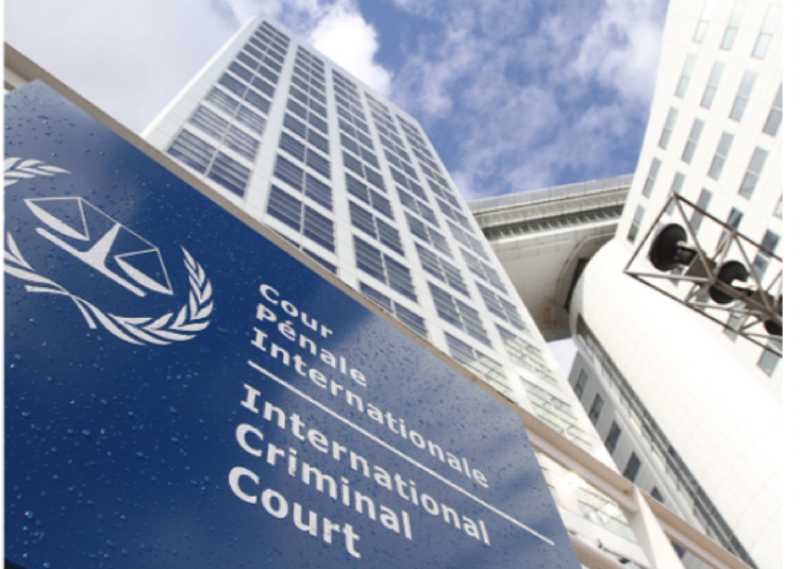×
The Standard e-Paper
Join Thousands Daily

Revelations that the International Criminal Court (ICC) is still pursuing the Kenyan cases has stoked fresh fears within Deputy President William Ruto’s political camp as his 2022 juggernaut gathers momentum.
At the heart of the fears is ICC prosecution’s determined pursuit of witness tampering cases as their saving grace following collapse of the main cases against Ruto and President Uhuru Kenyatta a few years ago.